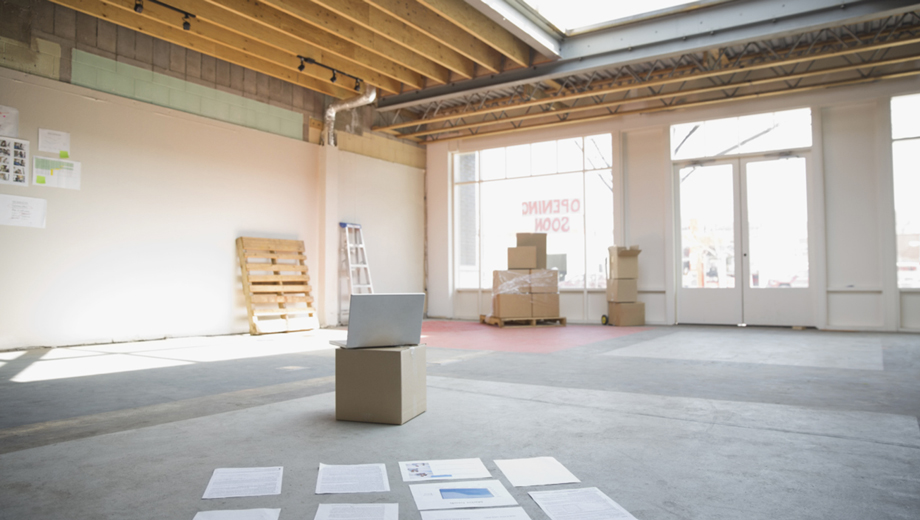Buying Commercial Real Estate
 If you own your own business, it’s likely you’ve put some considerable thought into buying commercial real estate. The benefits of owning your commercial property are substantial:
If you own your own business, it’s likely you’ve put some considerable thought into buying commercial real estate. The benefits of owning your commercial property are substantial:
- Locked-in costs
- More freedoms in future decision-making and planning
- Asset appreciation
- Favorable tax treatment
There are potential risks to consider as well. The location could be a bust, and if the market tanks, you could be stuck. Then there are the possible drawbacks of having a substantial amount of liquidity tied up and a potentially compromised cash flow.
As an entrepreneur, you’re already familiar with weighing your options, trusting your instincts, and taking risks. If you’re thinking about making the leap from renting to owning your property—or purchasing property simply for investment purposes—here’s what you need to know to weigh both sides and be prepared:- Economy and interest rates. You are in a better position to purchase commercial property when interest rates are relatively low and you have access to capital for a down payment. In light of stock market volatility, it may be practical to reallocate some of your savings into a commercial real estate purchase that can help you build your wealth.
- Rental income potential. If you are a small business wanting to purchase your own property, you may want to consider a larger space than you need and rent out that extra space to tenants.
- Things take time. When you buy, you commit to time. It takes a lot of time to find tenants, build out, or renovate. Processes just take longer. Having patience is key.
- Tax benefits. When buying, you can deduct interest, depreciation, and non-mortgage expenses when calculating your tax payments. For an SBA 504 transaction, for example, you can create a new operating company that will own the building. The business then pays rent to the operating company, which can take a number of expense deductions. Part of the business owner's income is legally sheltered from taxes.
- Location. If you’ve got a business location you love, owning can ensure you don’t lose it due to rent increases or the landlord arbitrarily choosing to use the property for another use. Conversely, you may not be able to afford to own in an upscale area, therefore leasing can give you access to higher-end properties for less money than if you bought there. Another issue to weigh: If you are in an area where land value is expected to increase, owning the property allows you to benefit from the appreciation.
- How long you plan to stay. Buying is a long-term commitment, requiring a hefty down payment. However, you also get to keep the equity you build over the long-term. With leasing, you have the flexibility to move in and out with ease in the event your business needs change.
If you need help figuring out whether you should lease or buy, or how to proceed on the purchase of commercial property, ask one of our local business bankers for guidance. We’ll help you come up with a solution that fits the individual needs of you and your business.


